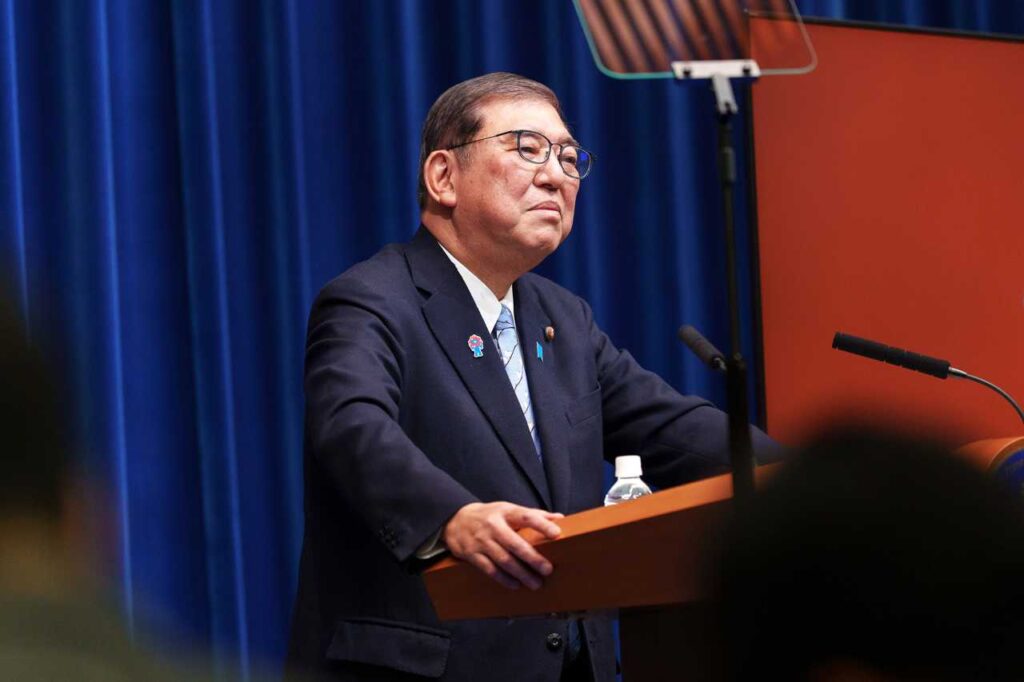
BREAKING: Japan’s crucial elections are just days away, set to unfold on October 22, 2023. As voters prepare to head to the polls, the outcomes could significantly impact the nation’s economy, particularly in the realms of bonds and trade talks with international partners.
The stakes are high as investors and political analysts closely monitor the situation. Recent polls indicate a tight race, which could lead to major shifts in policy direction. The results will not only affect Japan’s internal governance but also its relations with key trading partners, notably the United States and the European Union.
WHY THIS MATTERS RIGHT NOW: Investors are on edge as the elections approach, with potential repercussions for the Japanese yen and bond markets. Uncertainty surrounding the electoral outcome could trigger volatility in financial markets, making it critical for stakeholders to stay informed.
Officials from both the ruling and opposition parties have ramped up their campaigns, promising changes that could reshape Japan’s economic landscape. The ruling party, led by Prime Minister Fumio Kishida, emphasizes fiscal stability and continued trade negotiations, while the opposition is advocating for more progressive policies aimed at revitalizing the economy.
The impact of these elections extends beyond Japan’s borders. Trade talks, particularly regarding tariffs and economic partnerships, are poised to be influenced by the new government’s stance. Analysts predict that a shift in leadership could lead to renegotiations of existing agreements, affecting global supply chains and market dynamics.
DEVELOPING CONTEXT: Japan’s economy, the third-largest in the world, is navigating challenges such as inflation and a declining birthrate. The outcome of the elections will determine the government’s approach to these pressing issues and shape future economic policies.
As the election date nears, all eyes are on the voter turnout and engagement levels. Historical data suggests that higher voter participation can lead to more significant changes in policy. This year, political parties are mobilizing efforts to ensure that every vote counts, with campaigns targeting younger voters who may determine the outcome.
WHAT TO WATCH FOR: As results begin to roll in after polls close on October 22, expect quick reactions from financial markets. Analysts will be watching closely for any signs of instability or shifts in policy direction, particularly concerning Japan’s bond market and trade relations.
As Japan heads into this pivotal moment, stakeholders from investors to government officials will be holding their breath, awaiting the dawn of a new political era that could redefine the nation’s economic trajectory. Stay tuned for updates as this story continues to develop.





